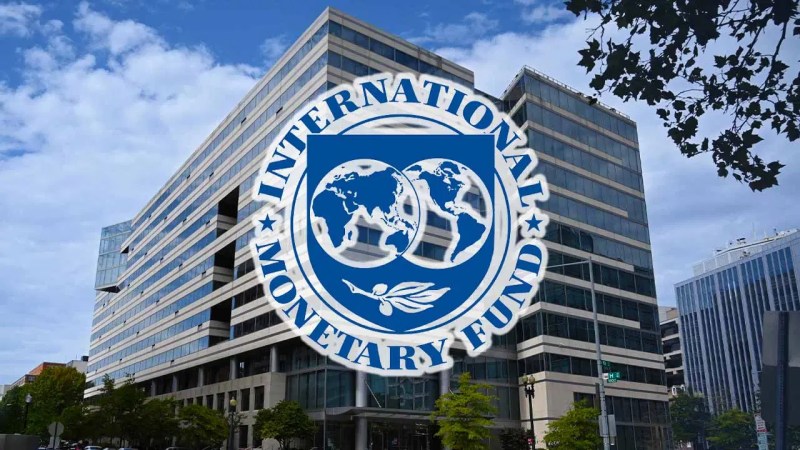Naira Falls by ₦9.88 Against Dollar Despite Growth in Nigeria’s Foreign Reserves

Story: written by Zara September 18,2025
The Nigerian naira slipped further on Wednesday, losing ₦9.88 against the U.S. dollar at the official foreign exchange (FX) window, even as the country’s external reserves continued their upward trend.
Fresh data from the Central Bank of Nigeria (CBN) revealed that the naira depreciated by 0.7 percent, with the exchange rate closing at ₦1,494.01 per dollar, compared to Tuesday’s ₦1,484.13 at the Nigerian Foreign Exchange Market (NFEM).
In the parallel market, commonly referred to as the black market, the naira remained stable at ₦1,525 per dollar, while Guaranty Trust Bank (GTBank) kept its international transaction rate at ₦1,515 per dollar.
Meanwhile, Nigeria’s external reserves rose to $41.89 billion as of September 16, 2025 — a 2.27 percent increase from $40.96 billion recorded on August 18, 2025, according to CBN figures.
At the last Monetary Policy Committee (MPC) meeting, Aloysius Uche Ordu, one of the members, highlighted that earlier gains in the naira and reduced gaps between the official and Bureau De Change (BDC) rates had been driven by stronger FX liquidity. He credited steady remittances and resilient foreign portfolio inflows for boosting reserves to $40.11 billion as of July 18, 2025, enough to cover more than nine months of imports.
However, Ordu expressed concern over Nigeria’s weak foreign direct investment (FDI) inflows. Citing United Nations Conference on Trade and Development (UNCTAD) data, he noted that Nigeria attracted only $1 billion in FDI in 2024 — far below Indonesia ($24 billion), India ($28 billion), Egypt ($46 billion), and Brazil ($59 billion). He emphasized that drawing investment requires a coordinated government-wide strategy, beyond the CBN’s efforts, to create a business-friendly environment that can stimulate growth and tackle unemployment.
CBN Deputy Governor for Corporate Services, Emem Usoro, also noted positive signs in exchange rate movements, attributing them to higher FX turnover, reforms improving transparency and price discovery, and growing investor confidence, reinforced by the steady rise in external reserves.






